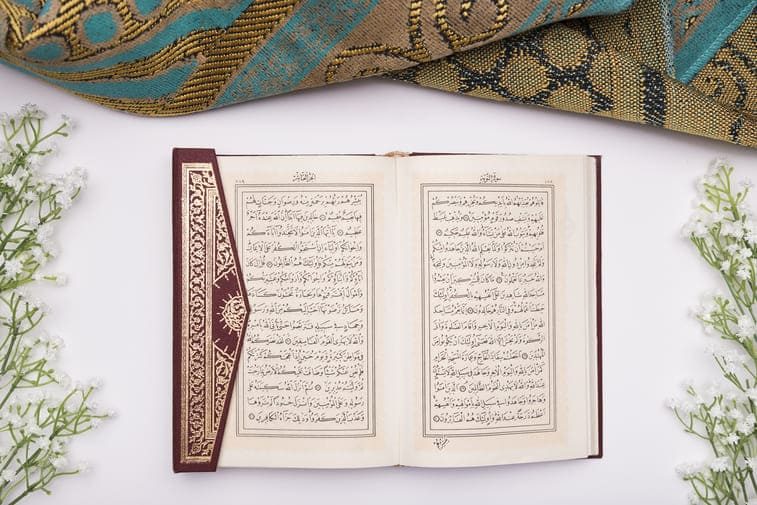Easy Guide on How to Do Wudu for Kids
Performing wudu, or ablution, is an important and meaningful practice in Islam that helps prepare us for prayer. Learning how to do wudu for kids can be a fun and engaging experience that builds their understanding of faith and hygiene.
As the act of performing wudu is rooted in the teachings of the Prophet Muhammad, it is important to teach kids that wudu is not just about washing; it’s a special way to show respect and cleanliness before we connect with Allah.
The Correlation between Wudu and Salah (Prayer)
In Islam, the connection between Wudu (ablution) and Salah (prayer) is inseparable, as the purity of the body symbolizes the purity of the soul in worship. Wudu is not merely a physical act of washing; it is a spiritual cleansing that prepares one to stand before Allah in Salah.
The Prophet Muhammad (peace be upon him) emphasized this by saying, “No prayer is accepted without purification” (Sahih Muslim). Performing Wudu ensures that the worshipper approaches Allah in a state of ritual cleanliness, fulfilling one of the prerequisites for Salah to be accepted.
Without proper Wudu for kids and all, Salah lacks the necessary spiritual and physical readiness. Just as one would not approach an honored guest without preparing oneself, a Muslim must purify both body and heart before engaging in the profound connection that prayer offers. Thus, the act of Wudu elevates the prayer experience, transforming it into a moment of devotion and submission.
In essence, Wudu is the gateway to Salah. Just as a key opens the door, Wudu opens the path to the acceptance of one’s prayers, ensuring that the act of worship is complete and pleasing to Allah.
The Importance of Teaching Wudu for Kids
Teaching the practice of wudu to children forms an indispensable habit in personal and religious development in Islam.
- Wudu is a fundamental religious duty, which is compulsory to perform the prayers correctly. It would instill in the children the essence of adherence to Islamic practices right from childhood.
- It promotes hygiene by emphasizing the importance of physical cleanliness, which is a vital aspect of daily life.
- By performing wudu, kids learn to spiritually prepare for prayer, which helps them feel closer to Allah and improves their overall spiritual awareness.
- Regularly doing wudu teaches important life skills like routine and discipline, showing children the value of being consistent in their daily tasks.
- Lastly, understanding and practicing wudu makes children feel part of the Muslim community, strengthening their cultural identity and connection to their heritage.
By teaching these lessons, parents and educators can help create well-rounded people who understand and value both their faith and the principles that come with it.
How to Do Wudu for Kids Step-By-Step
- Begin by making a silent intention in your heart that you’re doing Wudu to worship Allah.
- The first step is to wash one’s hands, going up to include your wrists, three times. Ensure the water covers all parts of your hands.
- Next, take a little water, swirl it around in your mouth three times, and then spit it out.
- Gently take a little water into your nose and blow it out. Repeat this three times.
- Next, wash your face from your hairline to your chin and from one ear to the other, doing this three times. Don’t miss your forehead and chin!
- Wash your right arm from your hand to your elbow three times, then repeat for your left arm.
- Wet your hands and gently rub your head once, ensuring your hands touch your hair.
- Lastly, wash your right foot up to the ankle three times, then do the same for your left foot.
Remember, Wudu must be performed in this exact order, with each step following the previous one in sequence. No step should come before or be done out of place. Additionally, each part should be washed thoroughly but without wasting water; caring for water is a part of our responsibility!
Wudu for Kids: Common Mistakes to Avoid
- Rush through Wudu to finish quickly leading to skipping key steps like washing between fingers or ensuring the whole face is washed.
- Forgetting to wash specific parts like the elbows, ankles, or inside the ears is a common mistake.
- Not following the right order. Wudu has a specific order that needs to be followed.
- Some kids may start right into the physical actions without making the proper intention.
- Instead of wiping the entire head, kids may only touch parts of it or miss it altogether.
- Some children may forget to wash between their toes or skip over parts of their feet.
- Some kids might mistakenly wipe their arms or feet instead of washing them, thinking it’s enough.
Parents must be aware of these wudu for kids’ mistakes, follow their kids, and be patient to help them avoid these mistakes and learn about Islam
Tips for Eiasly Teaching how to do wudu for kids
- Use colorful posters, videos, or apps to show each step of Wudu, making it easier for kids to follow.
- Turn Wudu into a fun activity by using dolls, toys, or role-play to demonstrate the process.
- Teach one step at a time, allowing them to master each part before moving on to the next.
- Explain each step in easy, age-appropriate terms to help them understand.
- Perform Wudu together so kids can mimic your actions and learn by example.
- Encourage kids by praising their efforts or offering small rewards when they complete Wudu correctly.
- Reinforce Wudu practice with patience, and make it a regular part of their routine to help them remember.
Noor Institute provides a course on Islamic teachings for kids, designed to nurture their spiritual growth and understanding of the faith from a young age
How to make Kids love Performing Wudu Regularly
- Incorporate Wudu into their daily routine, such as before prayer or bedtime, so it becomes a natural habit.
- Perform Wudu regularly yourself and let them watch or join you, showing them its importance through your actions.
- Offer positive reinforcement by praising them when they do Wudu correctly or giving small rewards to motivate regular practice.
- Make it exciting with kid-friendly towels, colorful water-friendly timers, or fun Wudu-related apps that guide them through the process.
- Explain the spiritual significance of Wudu, such as how it cleanses both body and soul, helping them connect with its purpose.
- Turn Wudu into a fun challenge, such as a weekly tracker, where they get stars or stickers each time they perform Wudu.
- Encourage them to perform Wudu with siblings, friends, or family members, making it a group activity they look forward to.
Noor Institute: Building Strong Islamic Foundations for Kids
Noor Institute aims to develop sound Islamic grounds in children by providing a complete and interactive learning process. Well aware that teaching Islam itself is an obligation, it has offered a streamlined curriculum covering basics that need to be taught to children about Allah, the Prophets, the Quran, prayers, and supplications. The curriculum is planned in such a way that it addresses a range of age groups to make the lessons relevant and resonate with young learners.
Why Choose Noor Institute
At Noor Institute, experienced teachers provide a supportive atmosphere where they teach kids about their faith and the basics of Islam, like prayer and how to perform wudu for kids. They also teach important moral and ethical lessons that match Islamic values.
By building a strong sense of community and belonging, Noor Institute not only shares religious knowledge but also helps children develop the skills they need to understand their Muslim identity in today’s world. Through engaging learning activities and a focus on spiritual development, Noor Institute inspires kids to enjoy and love learning about Islam for the rest of their lives.
Frequently Asked Questions
- What is the wudu dua?
Our prophet Muhammad would do wudu and say: “O Allah, forgive my mistakes, and bless what I have.” After washing himself, he would say: “I believe that Allah is the only God, with no partners, and I believe that Muhammad is His servant and messenger.” In a story from Tirmidhi, he said: “O Allah, turn away from your sins and make me one of those who cleanse themselves.
- What are the 3 golden rules of wudu?
- Use clean water to perform Wudu.
- During wudu (ablution), wash each of the required body parts—hands, mouth, nose, face, arms, head, and feet three times, ensuring thorough purification.
- Do Wudu before every prayer or whenever we become unclean.
- Can I perform wudu only once a day?
If none of the actions that break wudu happen, your wudu stays valid all day, so you don’t need to do it again. This means if you do wudu once and don’t do anything that breaks it, you can pray all your daily prayers with that same wudu. However, many people prefer to renew their wudu before each prayer as a way of maintaining a fresh state of spiritual cleanliness.















